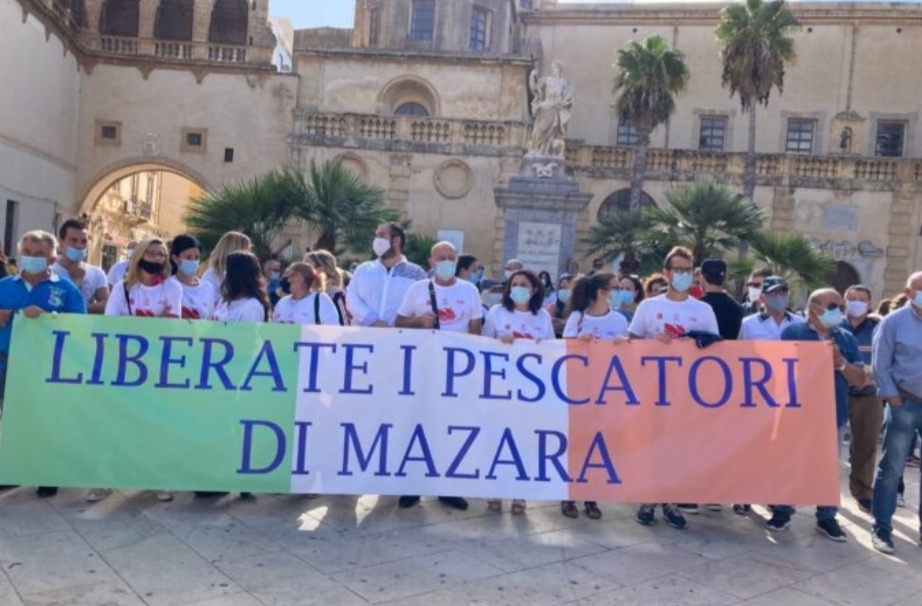Almost 100 days have passed since a group of fishing boats, departed from Mazara del Vallo in search of the precious red shrimps, were intercepted by Libyan patrol boats of the militias controlled by General Khalifa Haftar. Two of them, “Antarctica” and “Medinea”, with their 18 crewmen, were forced to follow Libyan militias to Cyrenaica, the area of Libya that they control.
The families of 18 fishermen (there are 8 Italians, 6 Tunisians, 2 Senegalese and 2 Indonesians, but of course, for the people of Mazara, they are all fishermen from Mazara!) are suffering for their loved ones and the hope of seeing them safe and sound fades more every day. This is why they protest and do so not only in the historic squares of their Sicilian town, but also in Piazza Montecitorio in front of the Italian Parliament. Meanwhile, the negotiations for the release are at a standstill also because Haftar has asked for what a rule of law cannot grant: the release of four young Libyans already convicted by Italian law on charges of human trafficking.
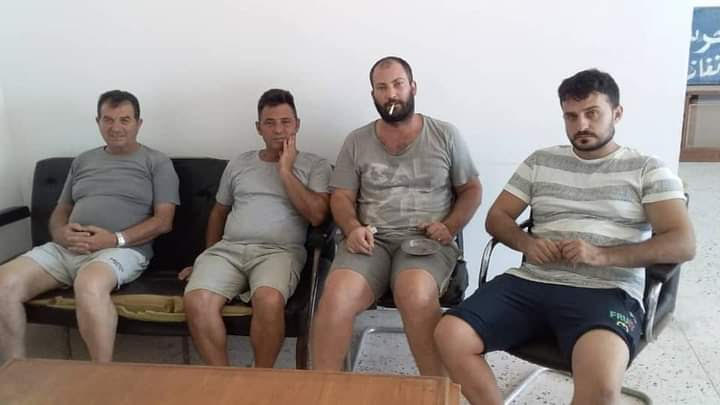
For over three months, during the UN briefings, La Voce di New York has been asking: what does Secretary General Antonio Guterres think about those who work fishing in international waters and suddenly find themselves locked up in Libya’s prisons? And then also: has the Italian government asked the UN for help?
So far, the UN has replied that it can’t confirm the Italian government’s request for help, but in any case the UN is working to free the fishermen.

However, a few hours ago we learned that there is an important new development: the Bishop of Mazara, Don Domenico Mogavero, declared in a statement to the ADN Kronos news agency, “Now we have to say, ‘enough!’. It’s time to intervene, with special forces if necessary, so that the fishermen can go back to their families.” A strong and certainly provocative statement whose purpose may be to shake up those who should do it after months of a stalemate.
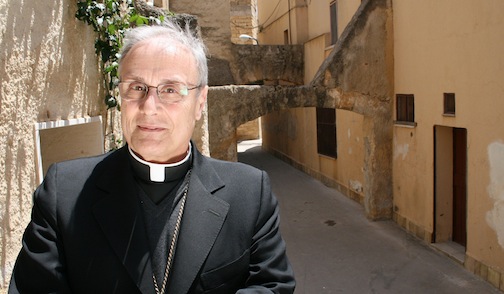
Would a forceful action by Italy, however unlikely, be legal? How would it be considered by the international community? On Tuesday, we asked the spokespersons of both the UN Secretary General and the General Assembly President, whether in the event that Italy should proceed with a military action to free its fishermen, this would be covered by international law, since the fishermen were caught in international waters.
Once again, the UN wasn’t clear at all, the spokesman Stéphane Dujarric admitting that it is an important issue, saying he doesn’t know the technical data of the matter, and that while avoiding the use of force, he hopes that the liberation will take place as soon as possible thanks also to the UN mission’s work in Libya. Brenden Varma, spokesman for the General Assembly President, the Turkish Volkan Bozkir, didn’t even try to answer, he only said that for a difficult and complicated question “he will let us know…” (Below the video with our question at 6:15 pm).
Yet it should be interesting: just yesterday, Turkey threatened an intervention with force because the Haftar militias in the same waters where they had taken the Mazara fishermen, have captured a freighter with all the crew that had left Turkey for Tripoli, with the Jamaican flag, but the crew was in the majority Turkish.
For me, this story is more than journalism. I was born in Mazara del Vallo and for a few generations my family had been among those owners who made up the most important fishing fleet in the Mediterranean. Luigi Vaccara, my great-grandfather, transformed the fishing activity in Mazara to the levels of the fishing industry at the end of the 1920s. My father, Luigi Vaccara, worked as a young man for my grandfather, Stefano, owner of Mazara fishing boats that went as far as West Africa. He told me about how, during the frequent coups d’état in the early 1960s, he had to escape from the ports of Monrovia or Freetown before the new military government, disavowing the fishing agreements of the previous one, seized the fishing boats, with the haul and sometimes even the crew, and then demanded a ransom.
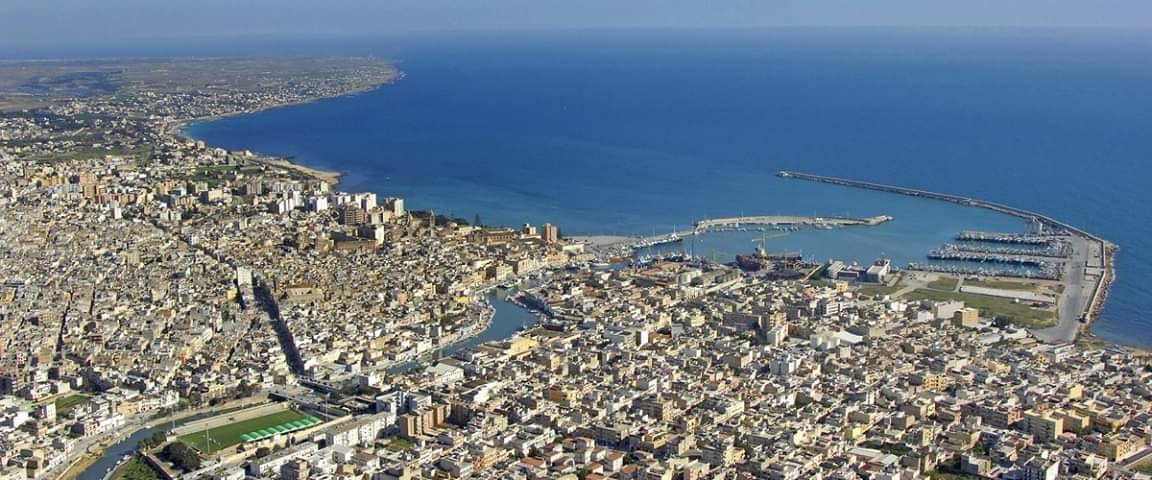
The life of those who make their living by fishing, going out for weeks in search of the precious “seafood”, is full of uncertainties and dangers. However, even taking into account the “risks of the trade”, no one can accept that the capture of Italian fishing boats in international waters, and being held for months, can become normal, without there being serious consequences according to the law of the sea. The action of Haftar’s militias is simply an act of piracy, which should usually end with the pirates’ arrest!

Were the Mazara fishermen in international waters? Yes, even if for the Libyans of Haftar (as for those of Tripoli– that is, the government recognized by the UN) the Gaddafi government’s declaration of 2005, which unilaterally extended Libyan territorial waters to 74 miles from the coast, is still valid. For the international law they are 12 miles, but as the Mazara journalist, Francesco Mezzapelle, also clearly explained, “the Mazara fishing boats were about 35 miles from the coast, but the accusation officially advanced by the LNA command, that governs Cyrenaica, is to have violated the territorial waters, fishing within what they believe to be an area of their pertinence, the so-called EEZ (Exclusive Economic Zone), which extends 74 miles from the coast base (62 miles beyond 12 territorial) never recognized by the international community.” Mezzapelle, who directs his very popular online newspaper Prima Pagina Mazara, and is an inexhaustible source even for the most prestigious media in the world, provided us with a small map with the colors (below) and then added: “What’s more, what value does the EEZ Libyan have, considering that this was declared by a state and a country under Colonel Gaddafi’s leadership – which no longer exists, and given that today Libya is divided into two parts, Tripolitania and Cyrenaica, with two distinct governments?”.
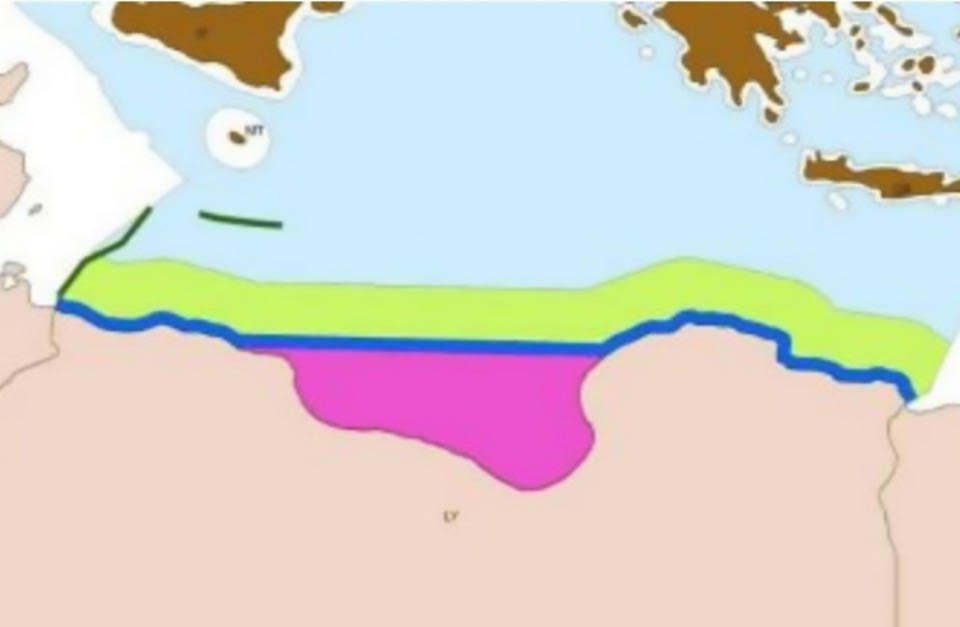
At this point, how should we interpret Bishop Mogavero’s words? We don’t think the bishop has suddenly become a “hawk” who wants to make an already volatile situation in Libya worse–where there has been what is a still very weak ceasefire for a few weeks–but it seems rather that he wants to shake someone up, a message for Prime Minister Giuseppe Conte and Foreign Minister Luigi Di Maio. Have they really done everything possible to avoid what would otherwise become inevitable (in compliance with international law)?
For example, have Conte and Di Maio picked up the phone or made a zoom call to confront countries who support Haftar, both economically and militarily, such as the Arab Emirates and especially Egypt? And also, as the Libyan Minister of Defense of Tripoli’s government suggested in an interview with “Il Giornale”’ journalist Fausto Biloslavo, did they directly ask France, another country “close” to Haftar, to help and intervene to free the fishermen? How? Of course, they tried, but didn’t it work?

Maybe, at this point, Conte and Di Maio should listen to the bishop’s suggestion: when you discuss the Mazara fishermen with Macron or Yves Le Drian (French foreign minister with good relations with Haftar, according to what has also been confirmed by the Libyan Defense Minister Salahuddin Al -Namroush), make it clear that they must move by convincing Haftar, because otherwise Italy will only have to mobilize the San Marco and the Folgore …
Perhaps Conte and Di Maio aren’t capable of speaking to the French or the Egyptians in such a determined manner that they don’t think it’s all a bluff. Probably, it would be better if President Sergio Mattarella made that call to his colleague Emmanuel Macron to save the fishermen…
Translated by Alessandra Loiero
